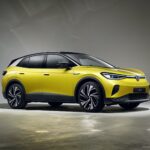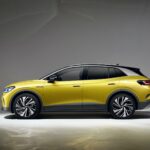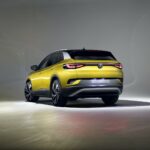Even though range anxiety is becoming less and less of an issue as technology progresses, a significant segment of the market is still reluctant when it comes to buying an EV. Why is that the case? Because a zero-emissions vehicle still can’t generally match the range of a traditional car powered by a combustion engine. The good news is a real breakthrough in terms of battery development is only a couple of years away – solid state batteries.
In its effort to battle Tesla, the Volkswagen Group formed a joint venture back in 2018 with US-based QuantumScape startup, deciding earlier this summer to invest a further $200 million in the solid state battery specialist. A new report from Automotive News Europe claims VAG products could start using solid state batteries as early as 2024, albeit on a small scale.
QuantumScape says it’s making efforts to have the technology ready for a start of production in 2024 before mass production would commence in 2026. The startup estimates production would reach full capacity around 2028. Electric vehicles fitted with solid state batteries will be able to travel far more than 435 miles (700 kilometers). In addition, recharging the battery pack to an 80-percent level is expected to take fewer than 15 minutes.
The benefits of having on EV feeding on solid state batteries extend beyond the long range and fast-charging capabilities. QuantumScape says its battery tech is being developed to last “hundreds of thousands of miles of driving” at a wide range of temperatures, as low as -30 degrees Celsius (-22 degrees Fahrenheit). Not only that, but they’re also safer than conventional lithium-ion batteries since the “solid-state separator is noncombustible and isolates the anode from the cathode even at very high temperatures.” Tests conducted by QuantumScape showed the battery pack retained more than 80 percent of its capacity even after 800 cycles.
VW Group has an ambitious green push for the years ahead, promising to launch around 50 fully electric vehicles by 2030 to complement the existing 20 EVs. Around 30 hybrids will be introduced by the end of the decade to join the 30+ hybrids already on sale across the group’s many brands. The ultimate goal is to become climate neutral by 2050 following the company’s commitment to the Paris Agreement.
.



